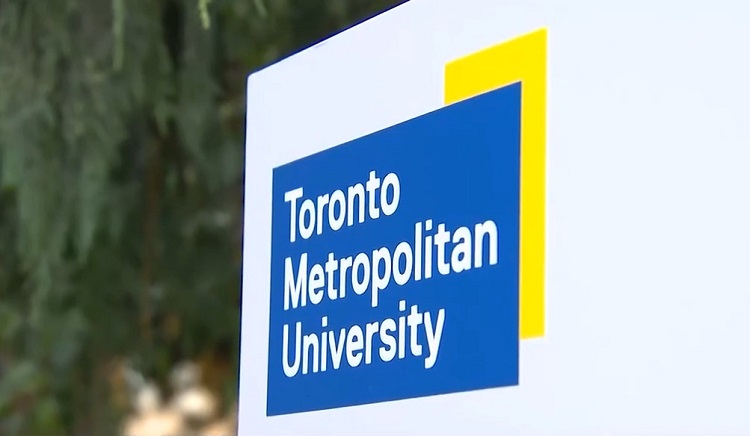Rio Beats Out Chicago To Host 2016 Summer Olympics
Posted October 2, 2009 1:05 pm.
This article is more than 5 years old.
Chicago’s final bid for the 2016 Summer Games was all about star power. Rio de Janeiro’s was all about making the Games a star.
For the International Olympic Committee, in a fight for continued dominance of the world sporting circuit, not to mention ever-scarcer sponsorship dollars, the decision proved to be easier than many pundits thought.
Bringing the Games to South America takes their quest for global relevance one step further and the fact that the Latin nation has never hosted a Games was central to the city’s bid.
“It is a time to address this imbalance,” Brazil’s charismatic president Luiz Inacio Lula da Silva told the IOC’s members before they voted. “It is time to light the Olympic cauldron in a tropical country.”
Chicago, considered a front-runner, was surprisingly the first candidate city to be voted off. Tokyo was next before Rio defeated Madrid 66-32.
Friday’s decision, broadcast live around the globe, illustrated the tension inherent in the IOC’s multibillion-dollar pursuits: are the Games about sports or about marketing?
So while Chicago brought President Barack Obama, the first lady and Oprah Winfrey, Rio was packing Pele.
Chicago sold its charm, Rio sold its sport.
“He’s a sport guy, this is a sport community,” Charmaine Crooks, a five-time Canadian Olympian who used to be a voting member of the IOC, said of Rio’s soccer icon. “Pele’s message is about more than just sport. It’s about changing lives, about giving hope and certainly I know his impact on this vote was very very strong.”
And star power doesn’t matter as much to the IOC as it was billed during this race, suggested Chris Rudge, executive director of the Canadian Olympic Committee.
“Some of them will be moved very much by historical relationships with people in the various cities that are running, some will be moved by following (IOC president) Jacques Rogge and his desire to create a better and stronger Olympic movement,” he said.
“Some will be moved by self interest by their own national Olympic committees and sport. ”
The fact the Games have gone to Rio may or may not impact Toronto’s bid for the 2015 Pan American Games, depending on which side of the lobby one sits.
One school of thought held that a 2016 Games in Chicago was good for 2015 because it could be a training ground, but another suggested that a win for Rio was better because the other two Pan Am contenders are in Latin America.
“I think you should really bring it back to the strength of the bid. I wouldn’t put a lot of stock in one’s north and one’s south,” said Gary Lunn, the federal minister for sport who is in Copenhagen lobbying for 2015.
“We’re feeling really really good but we can’t take it for granted.”
Rio was the host of the 2007 Pan Am Games, which is partially the reason it won the 2016 Olympics – the venues are mostly in place. So, if Toronto did win the 2015 Games, the stage is likely set anew for the city to take another run at the Olympics.
For Vancouver, London and Sochi Olympic organizers, hosts of the next three Olympic Games, the celebrations being held by the Rio team likely provoked fond memories of their own moments of victory.
But John Furlong, head of the Vancouver organizing committee, said in a recent interview that it’s important they don’t get too carried away with the party.
“The days you lose at the beginning are multiplied by 10 at the end,” he said.
“There is no time to waste.”
Neither of Canada’s two voting members on the IOC, Dick Pound or Beckie Scott, were available to comment on the vote and neither had given a clear indication ahead of time of how they were planning to vote.
That Chicago didn’t win didn’t seem to shock too many members of the International Olympic Committee. But that it fell out of contention in the first round of voting raised a lot of eyebrows.
A wide gasp ran through the convention centre where the vote was taking place when the first round of voting concluded.
“I don’t know whether it was a favourite but I also was surprised that Chicago did not make it to the second round,” said Thomas Bach, an IOC vice-president from Germany.
In the first round of voting, Madrid captured the lead with 28 of the 94 ballots cast. Rio was second with 26, Toyko third with 22 and Chicago fourth with 18.
The scant support their bid received was also taken by some as an indication that the rift between the U.S. Olympic Committee and the IOC on how television revenues are divided hasn’t healed, despite a pledge during Chicago’s final presentation from the head of the USOC that he supports the movement.
Before the vote, the race between Chicago and Rio seemed to be neck and neck. Days of backroom gliltz and glamour had preceded the final presentations.








